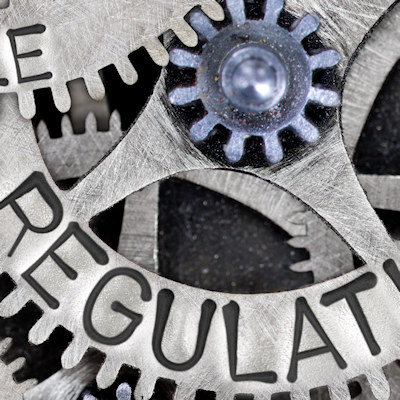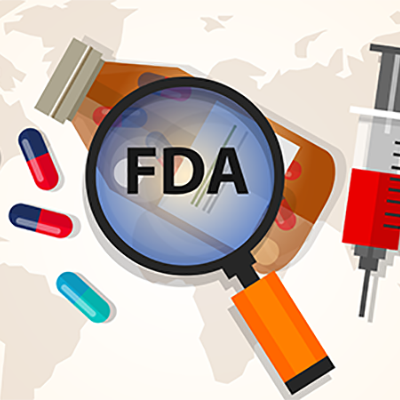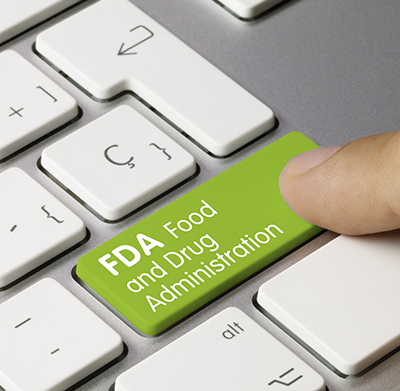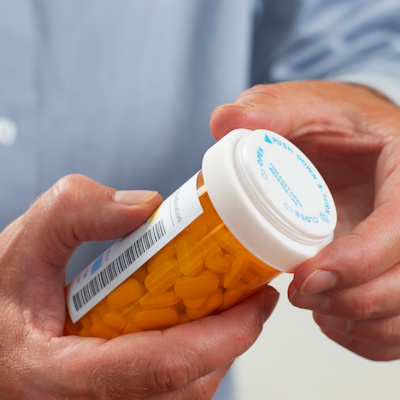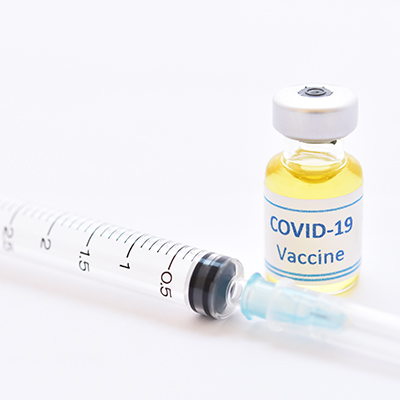September 18, 2020 -- A new Science article describes the legal and ethical implications of do-it-yourself (DIY) COVID-19 vaccines.
According to the article, in July 2020, a group reported administering themselves with a homemade vaccine against SARS-CoV-2. The group of "citizen scientists," a concept which invites public participation in scientific activities, developed a vaccine with an evolving protocol and unclear plans for collecting data and analyzing outcomes.
This is in contrast with traditional vaccine development, which utilizes randomized controlled trials and well-established protocols to collect and analyze data to establish safety and determine immune responses.
Despite the misperception that a DIY vaccine is permissible and that self-experimentation cannot be regulated by the U.S. Food and Drug Administration (FDA), that belief is legally and factually incorrect, said Jacob S. Sherkow, a professor of law at the University of Illinois. The FDA authorizes investigational new drug applications that permit unapproved drugs to legally cross state lines and be investigated in humans. These drugs are subject to review by external entities including institutional review boards (IRBs). IRBs help verify that the risks of an experiment are reasonable and ensure participants provide voluntary, informed consent.
DIY vaccines pose risks to the users themselves and to the general public who may injure themselves in the process of trying to administer an unauthorized vaccine due to improper preparation, incorrect administration, or heightened allergic or other reactions. Moreover, DIY vaccines do not have safety and efficacy profiles established through randomized controlled trials, which could make them unethical, according to the authors.
"Although many citizen scientists appear to take seriously the ethical responsibilities associated with their activities, it is important to recognize that those responsibilities expand when public health is at stake, such as with COVID-19 vaccine development," Sherkow said. "But just because there's a list of instructions on the internet created by a lot of well-respected and well-trained scientists doesn't mean that something can't go wrong."
Copyright © 2020 scienceboard.net




